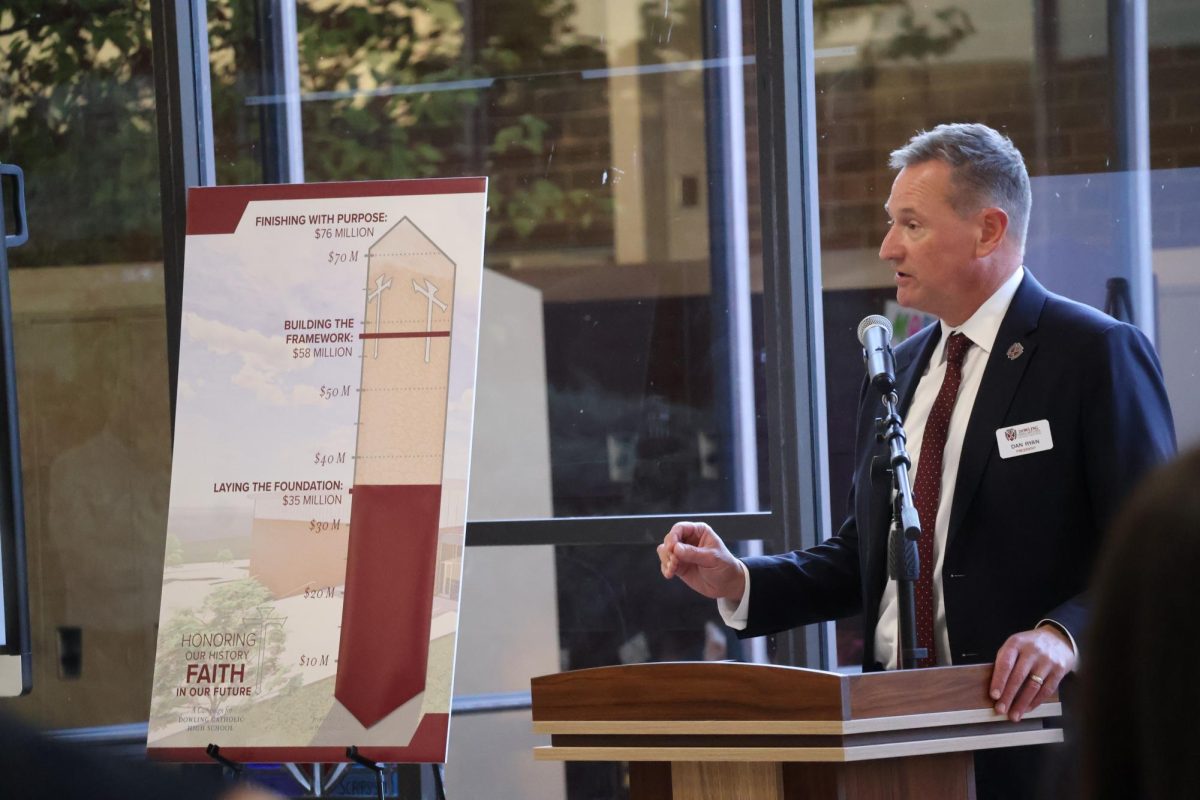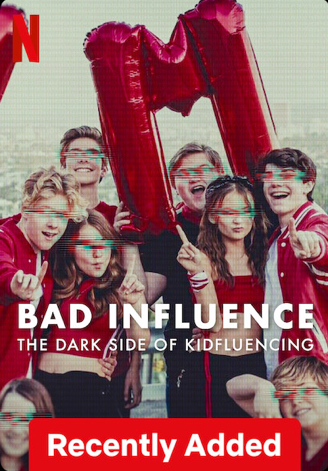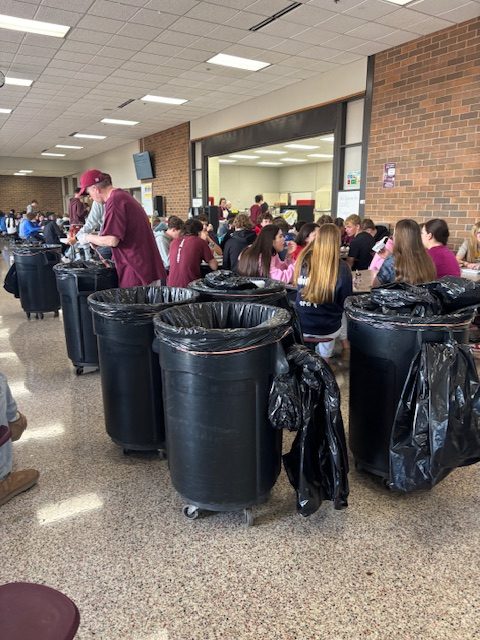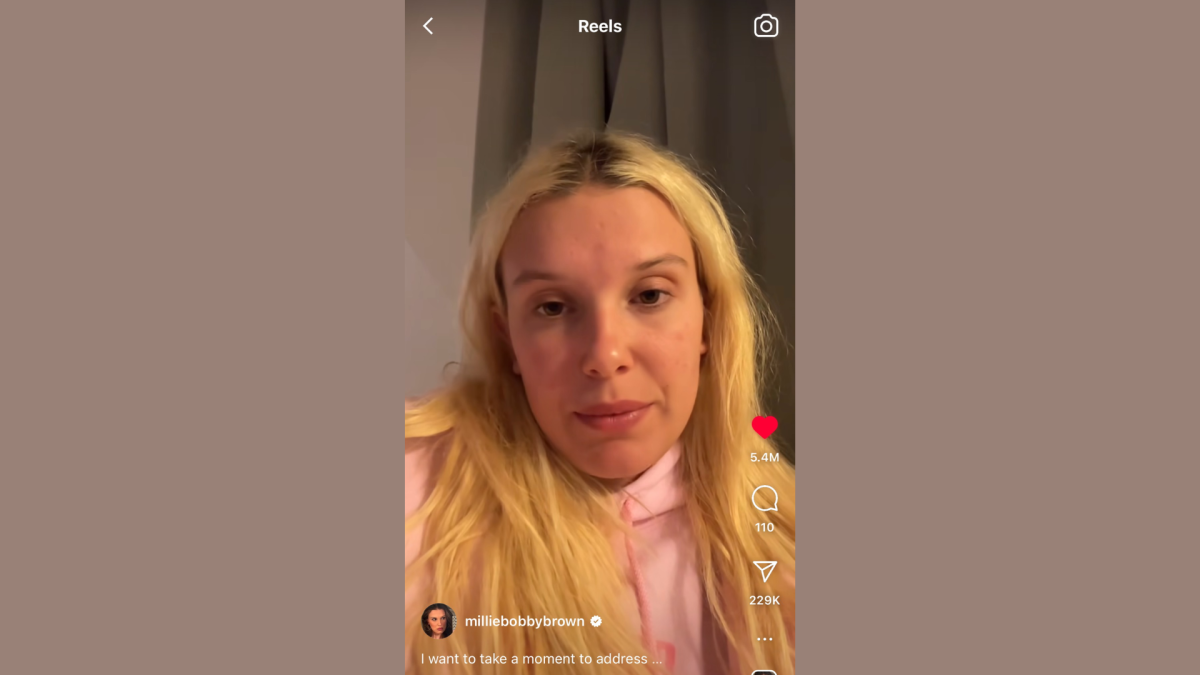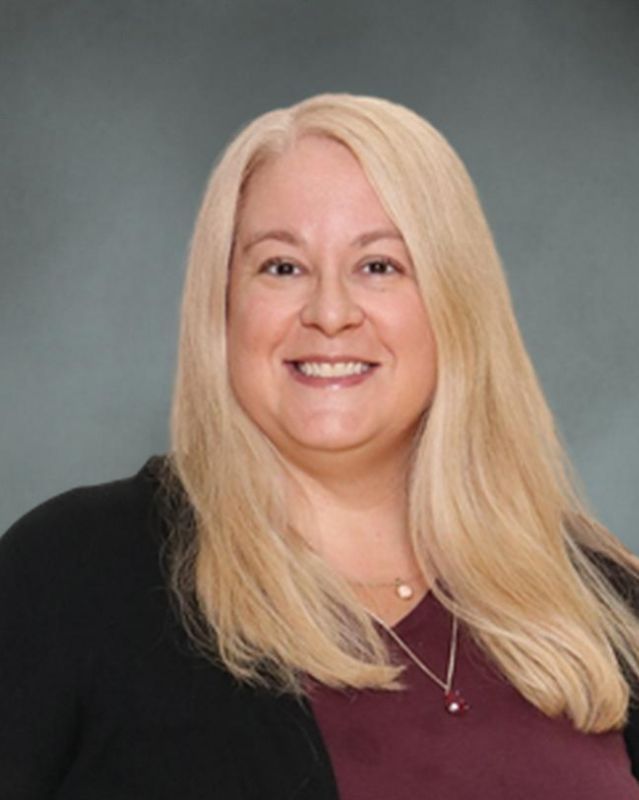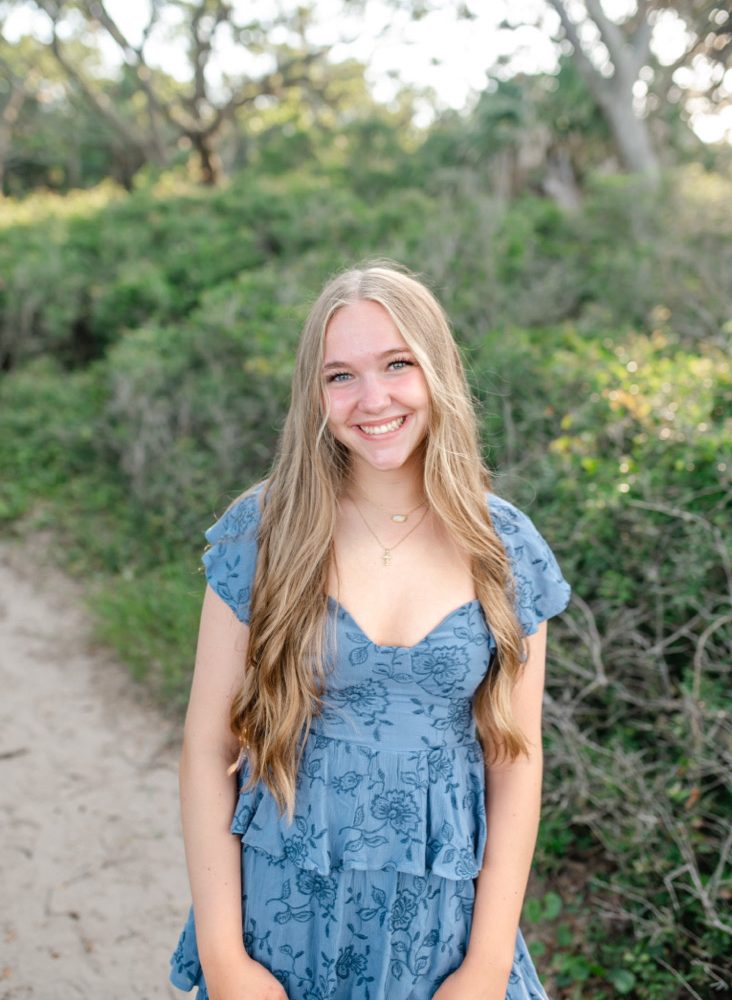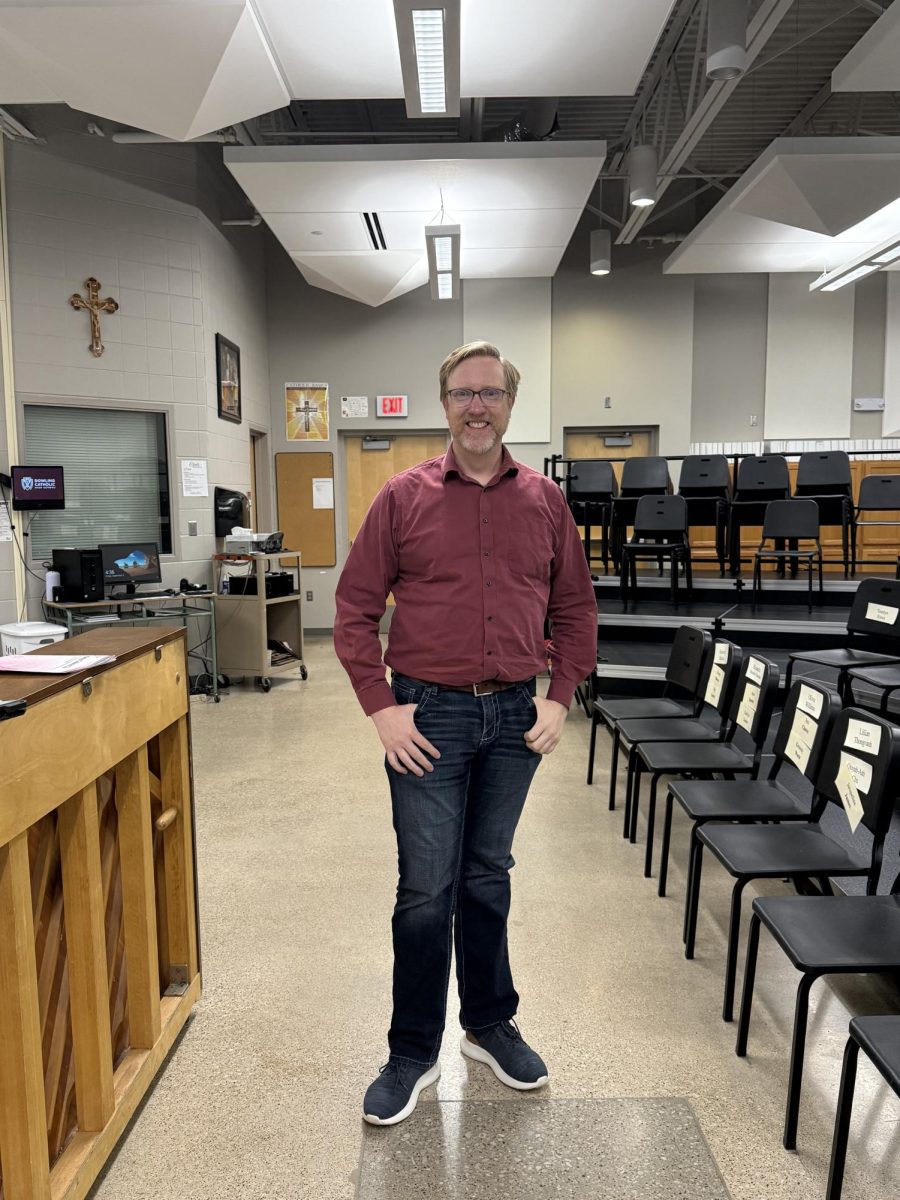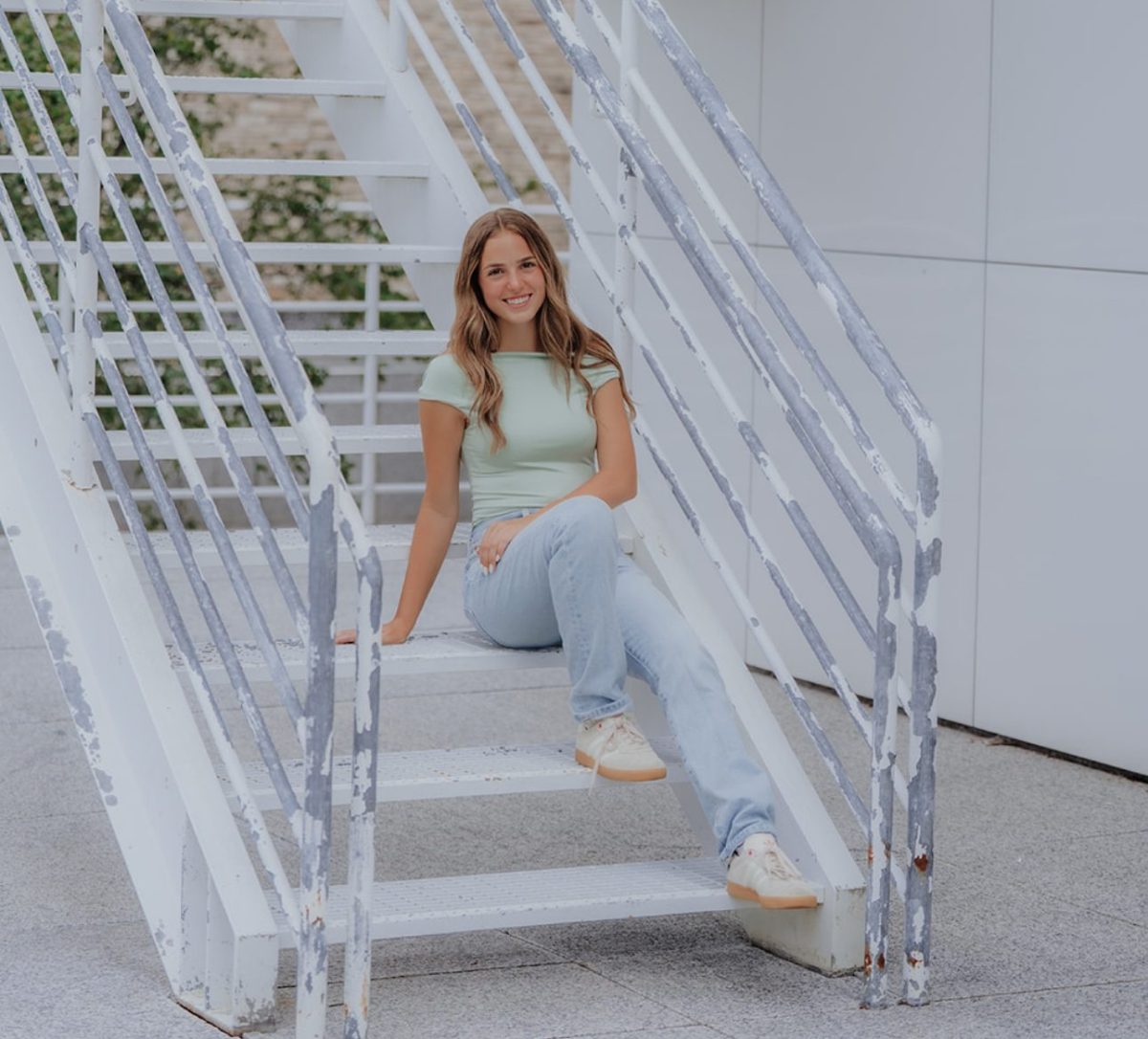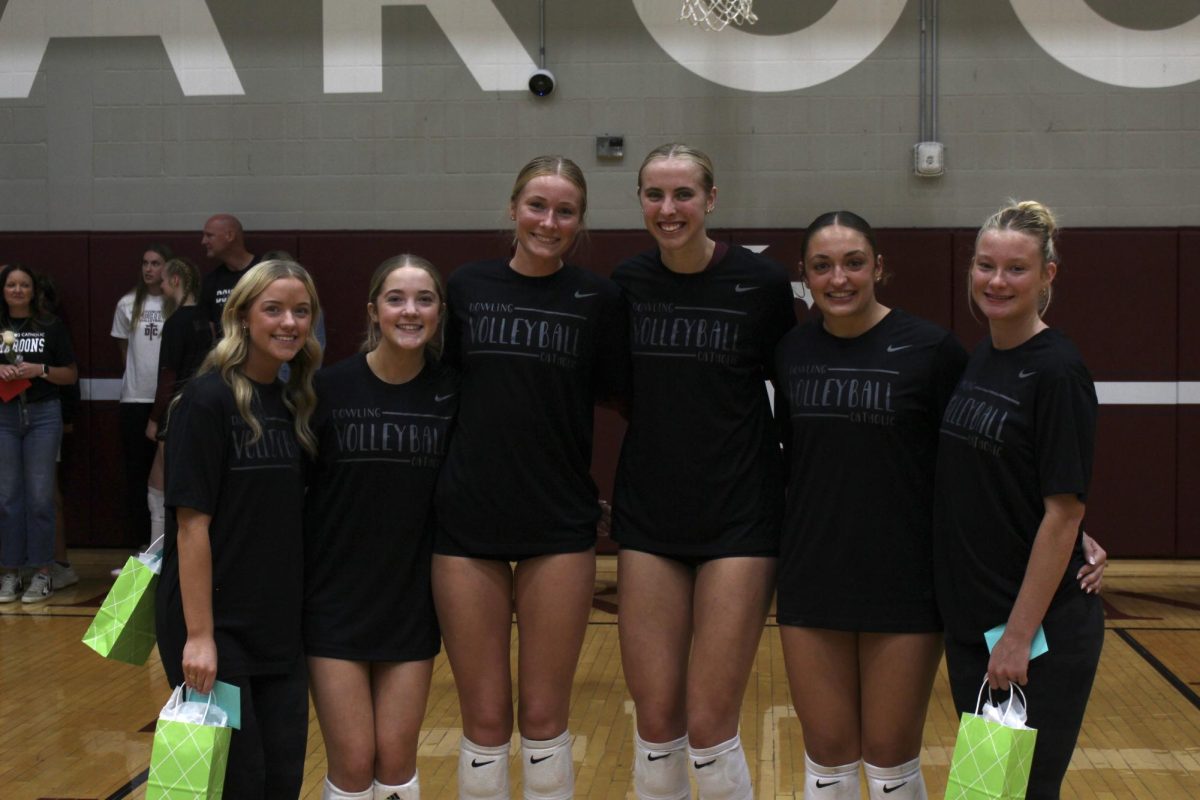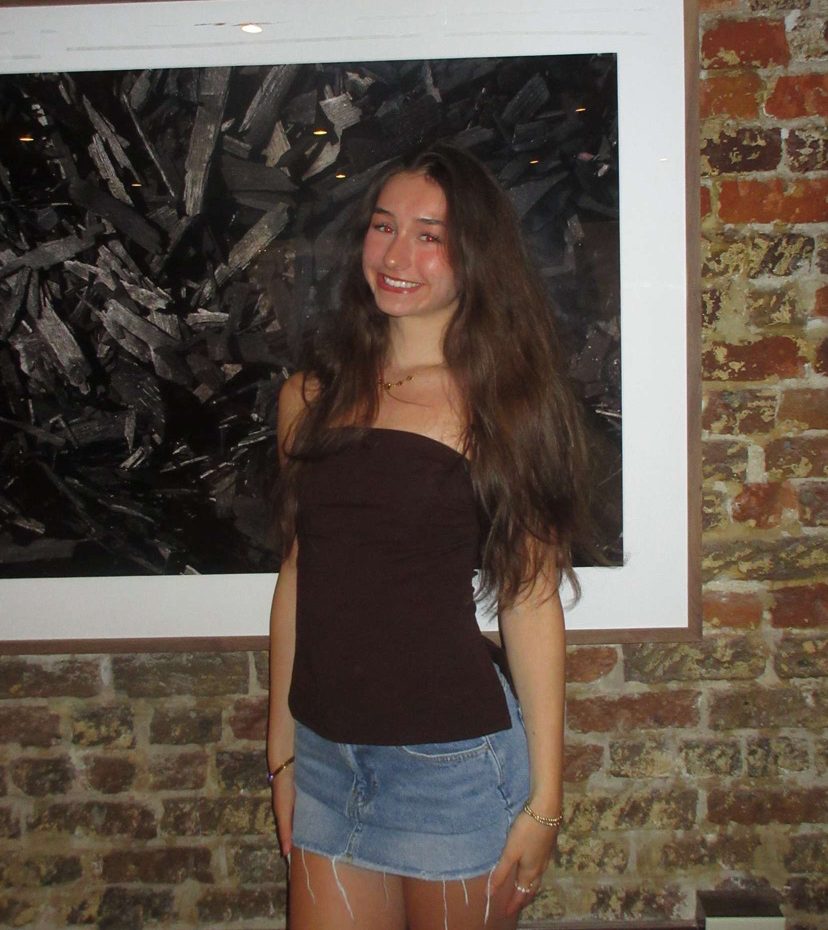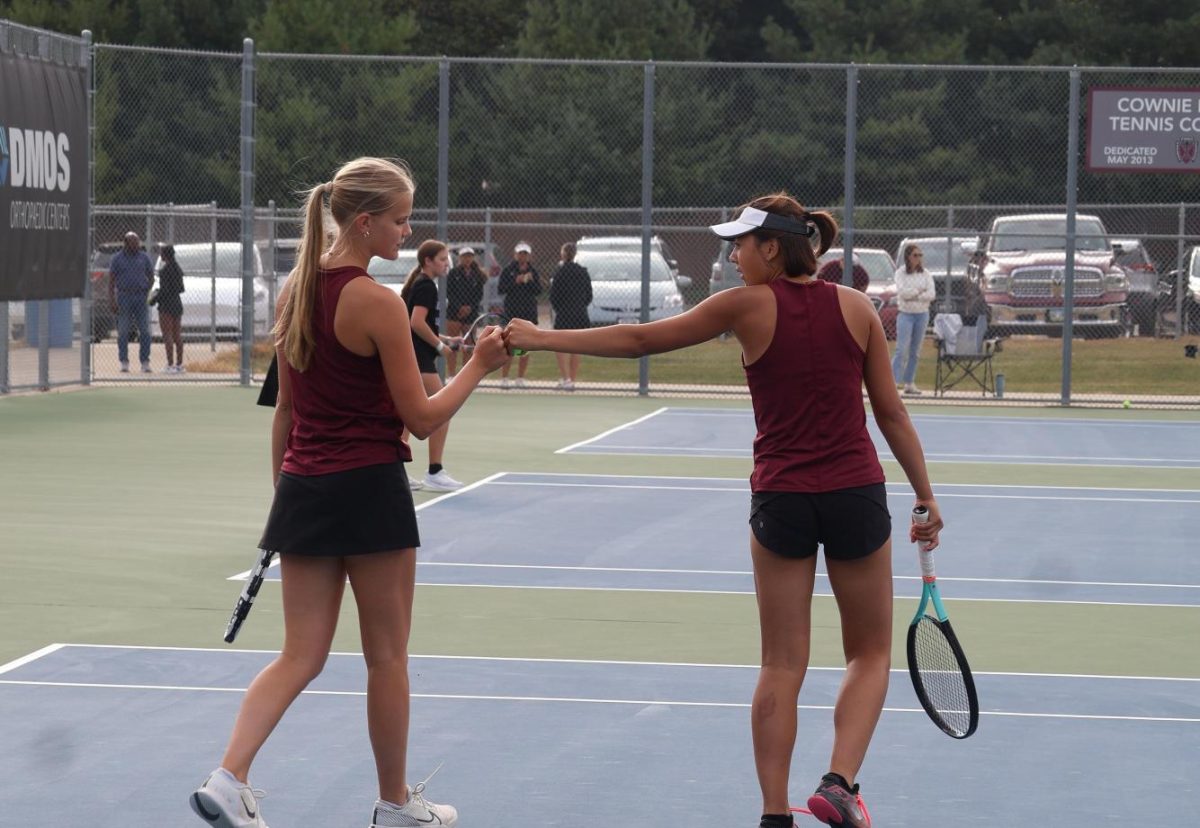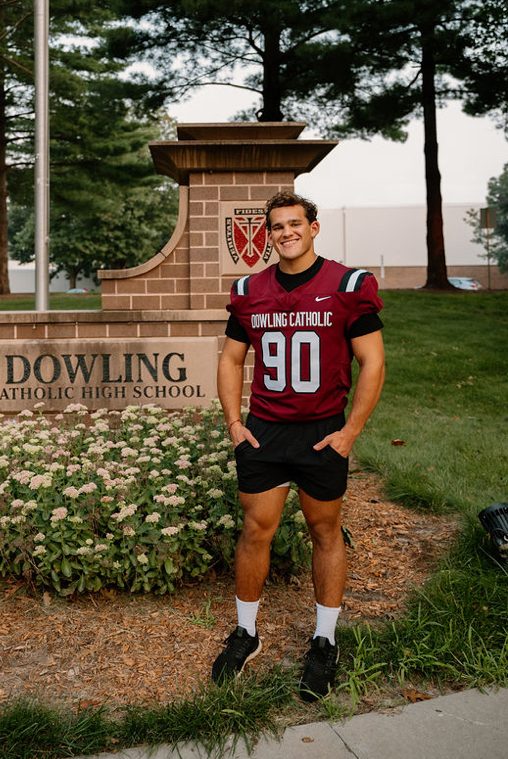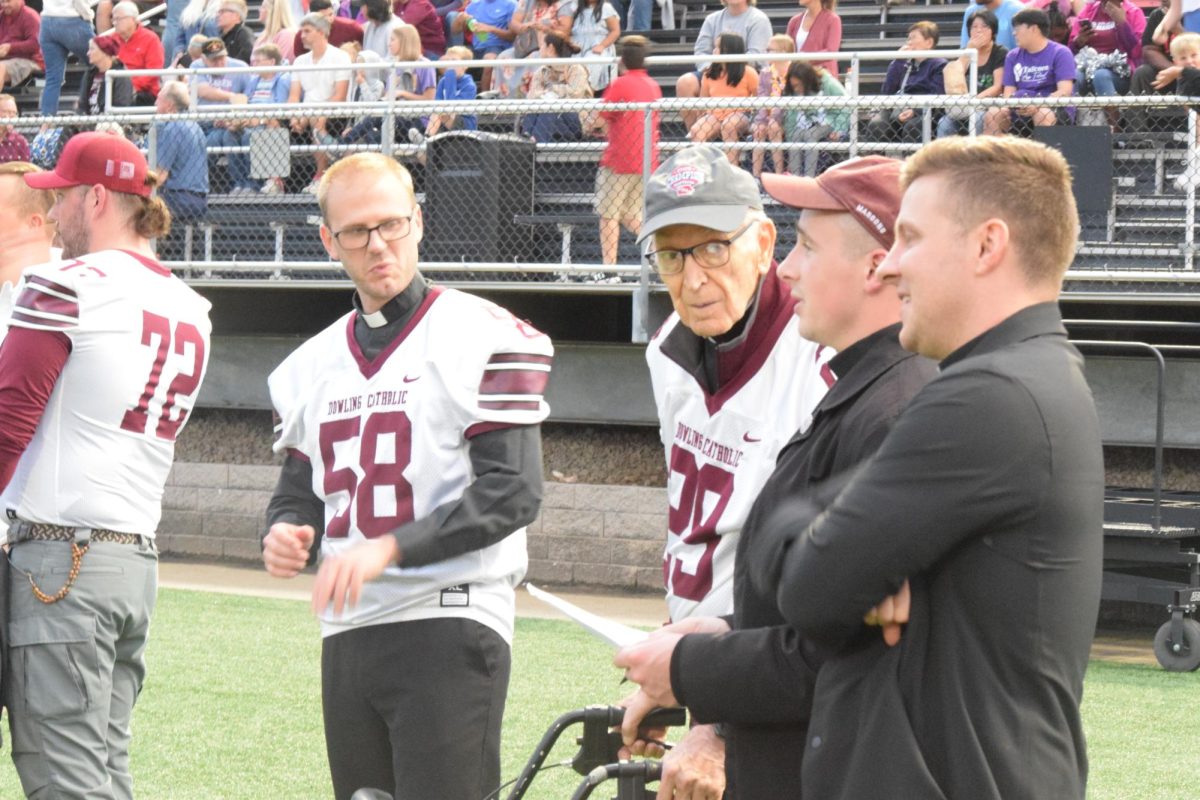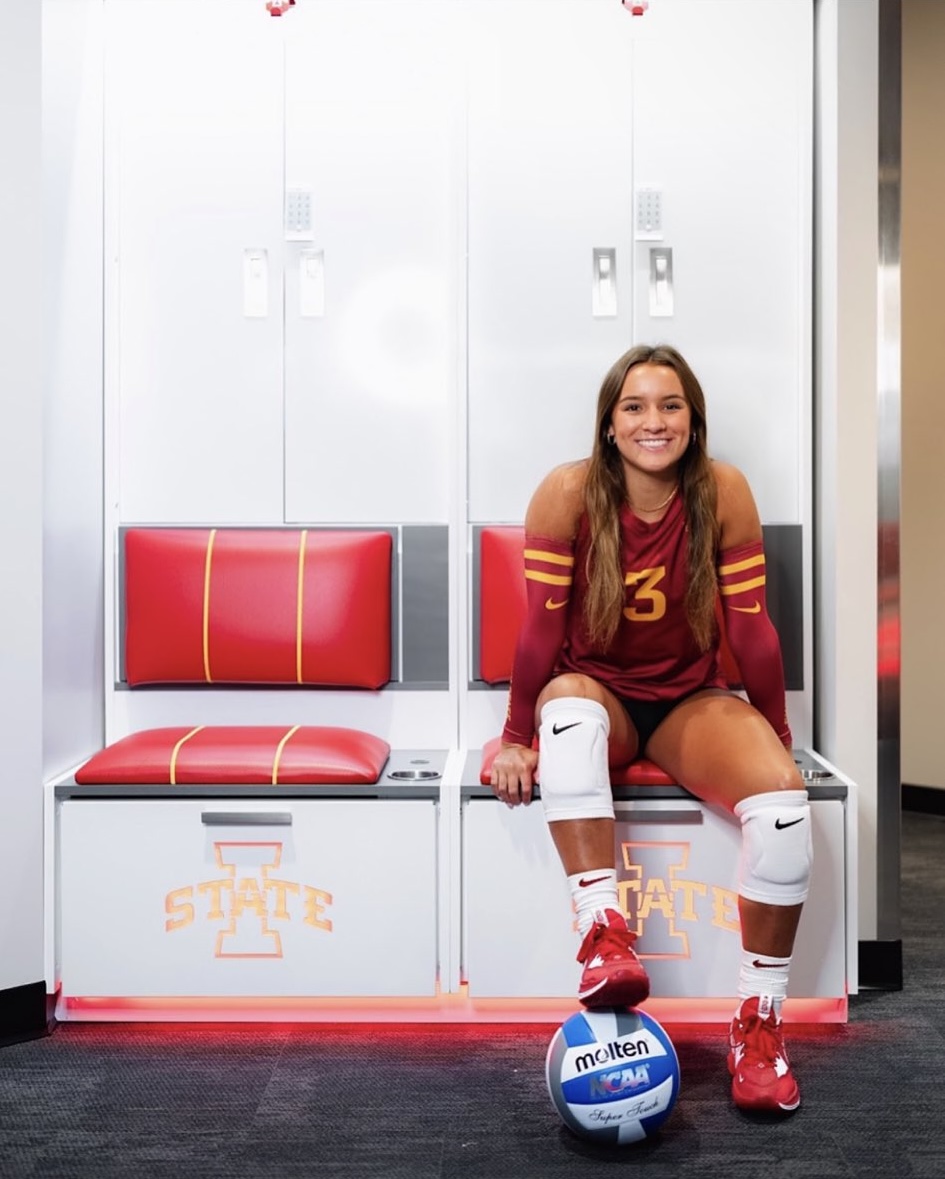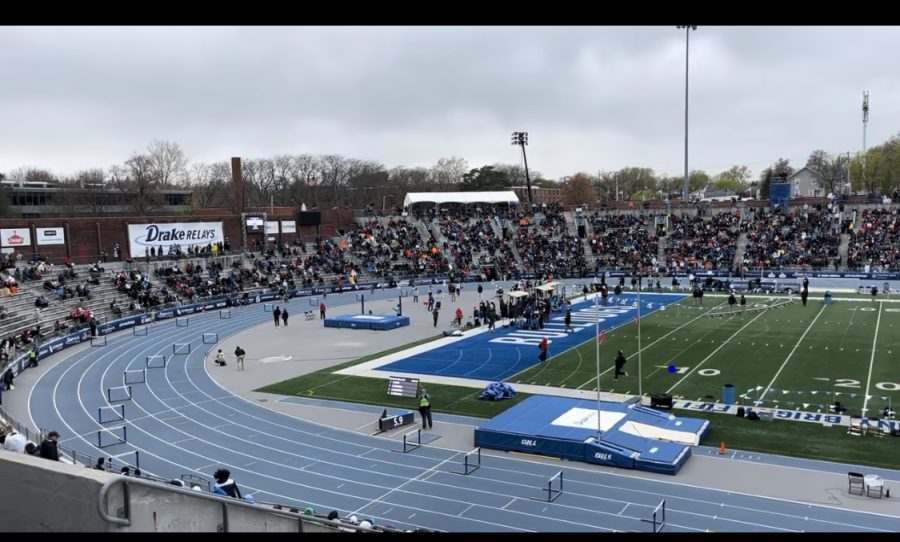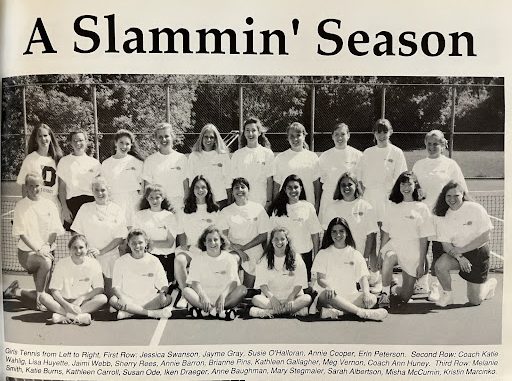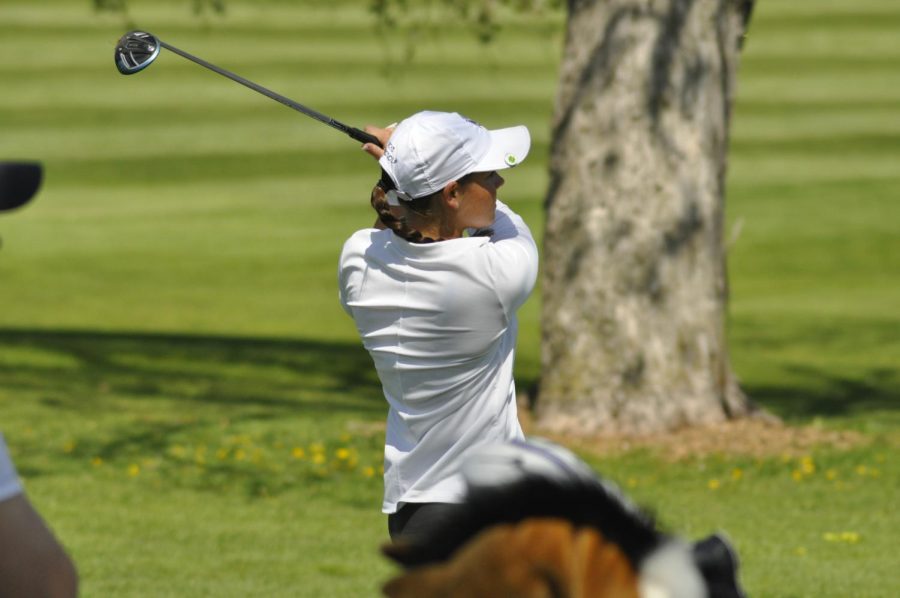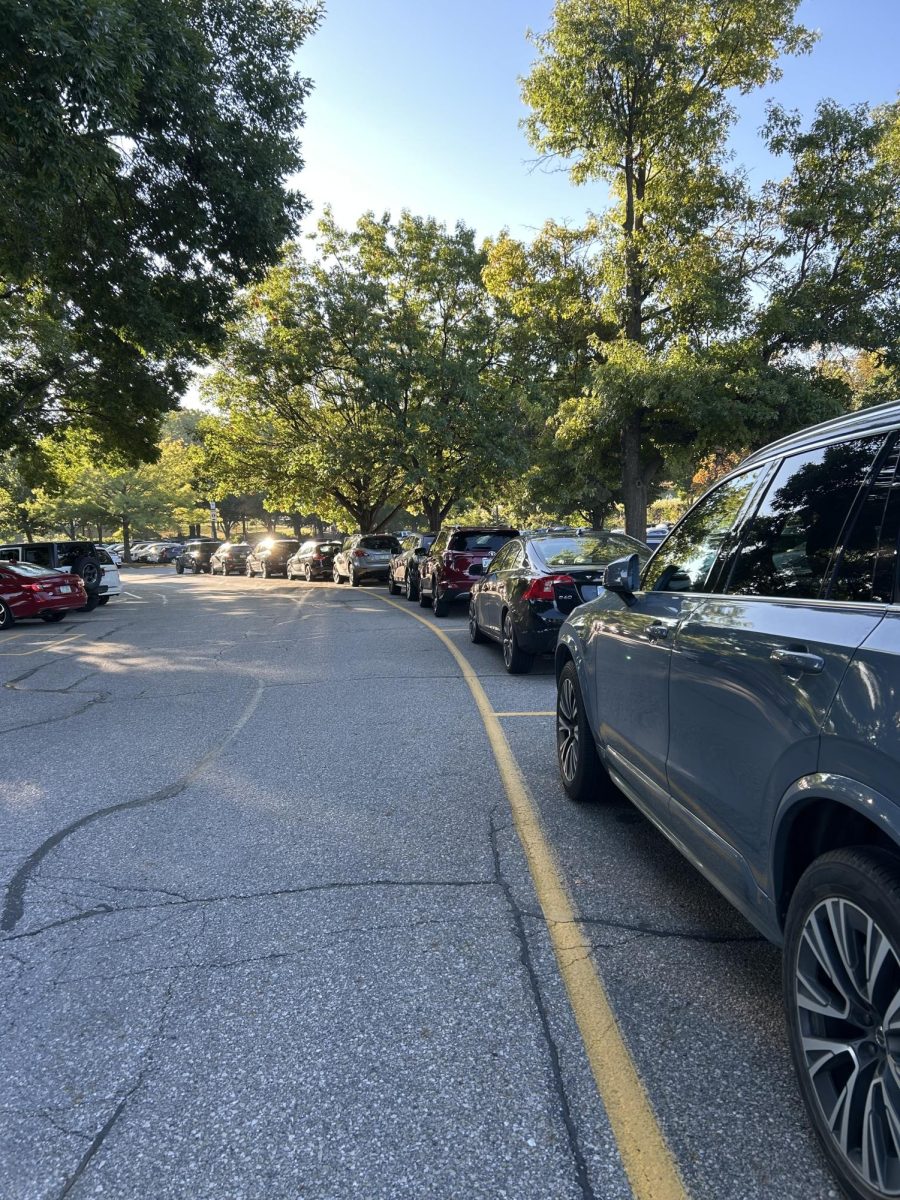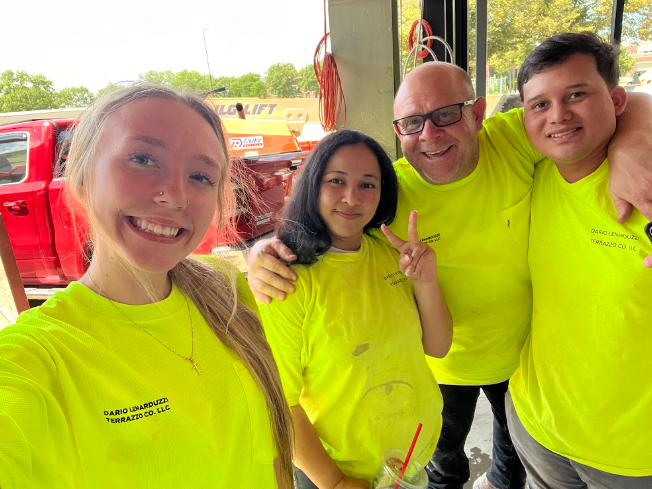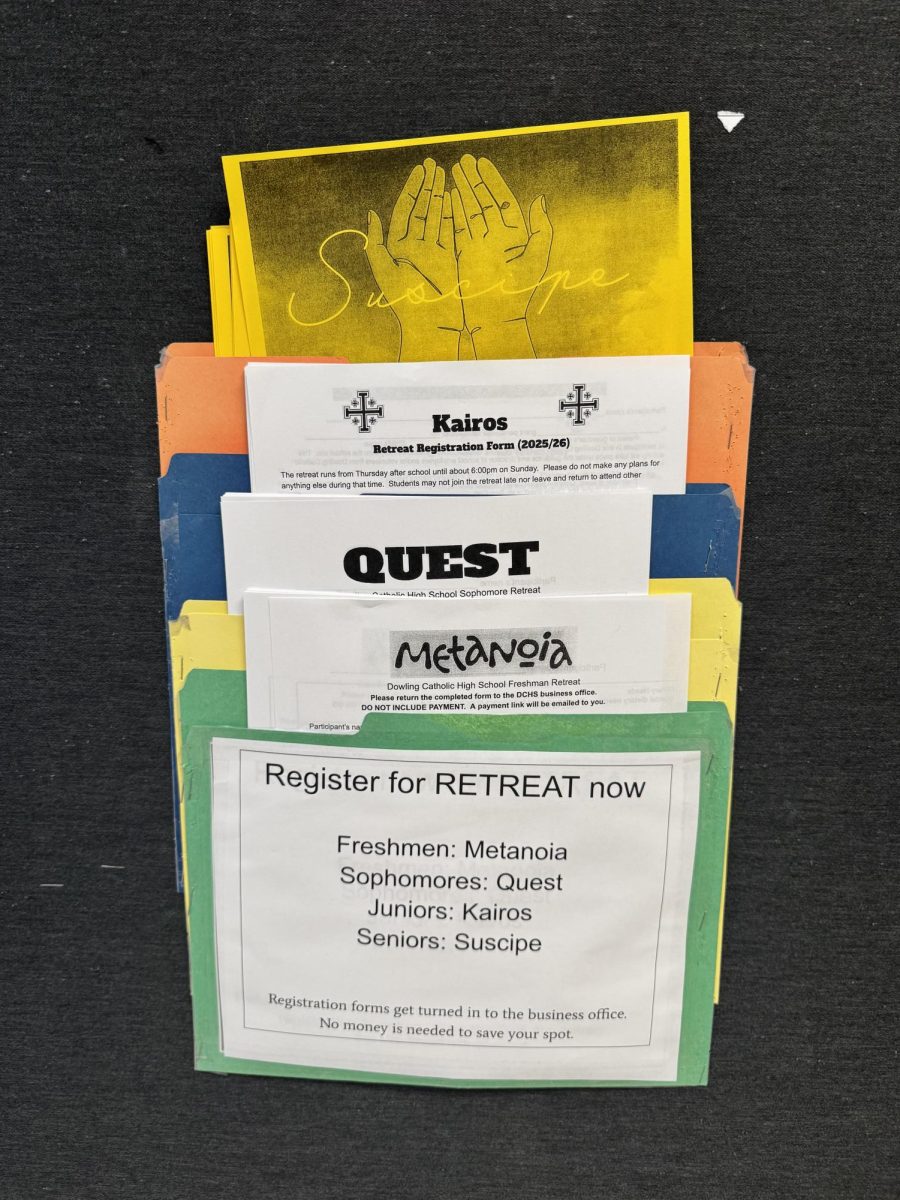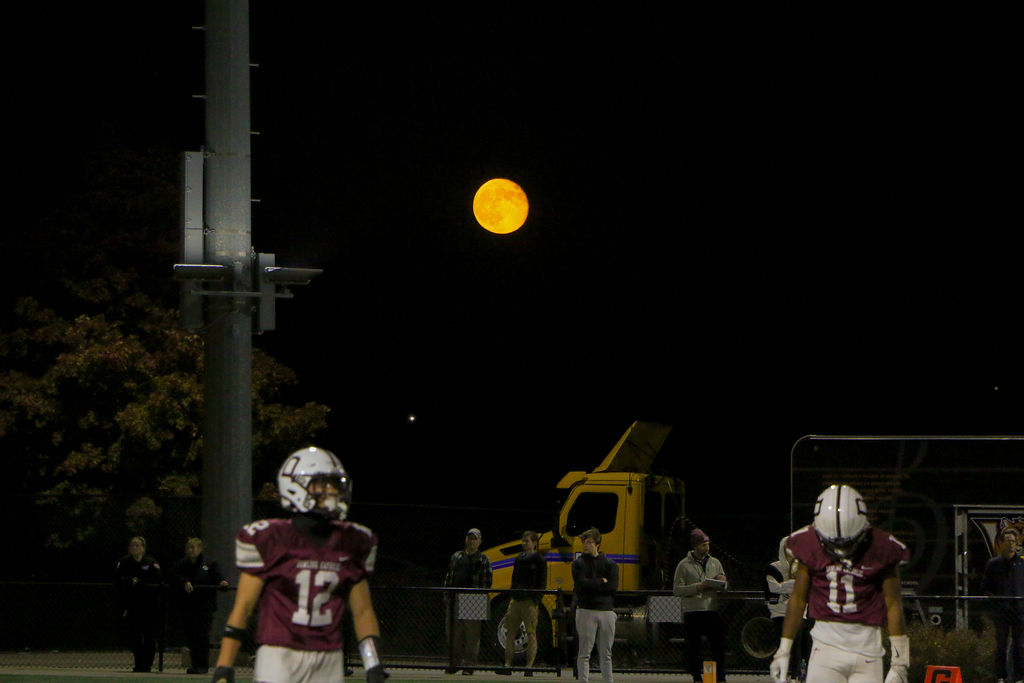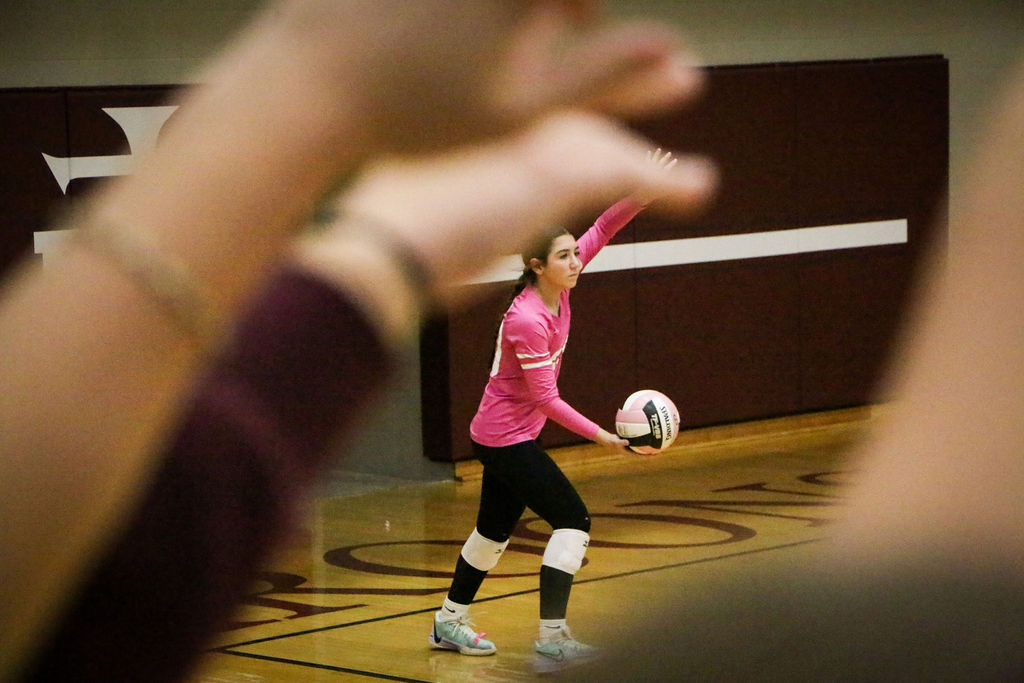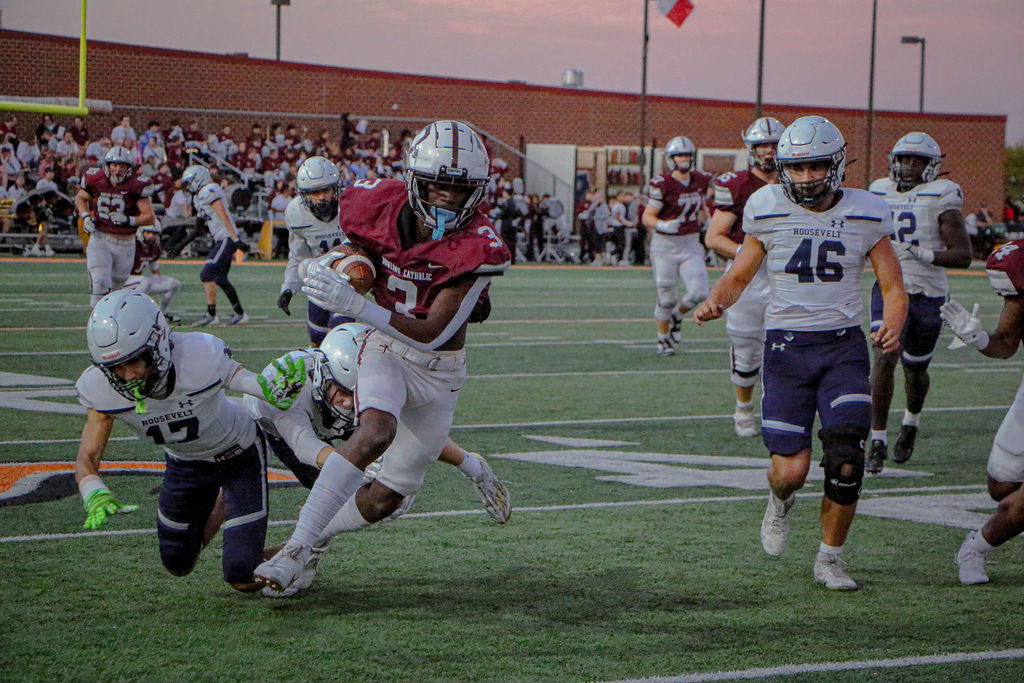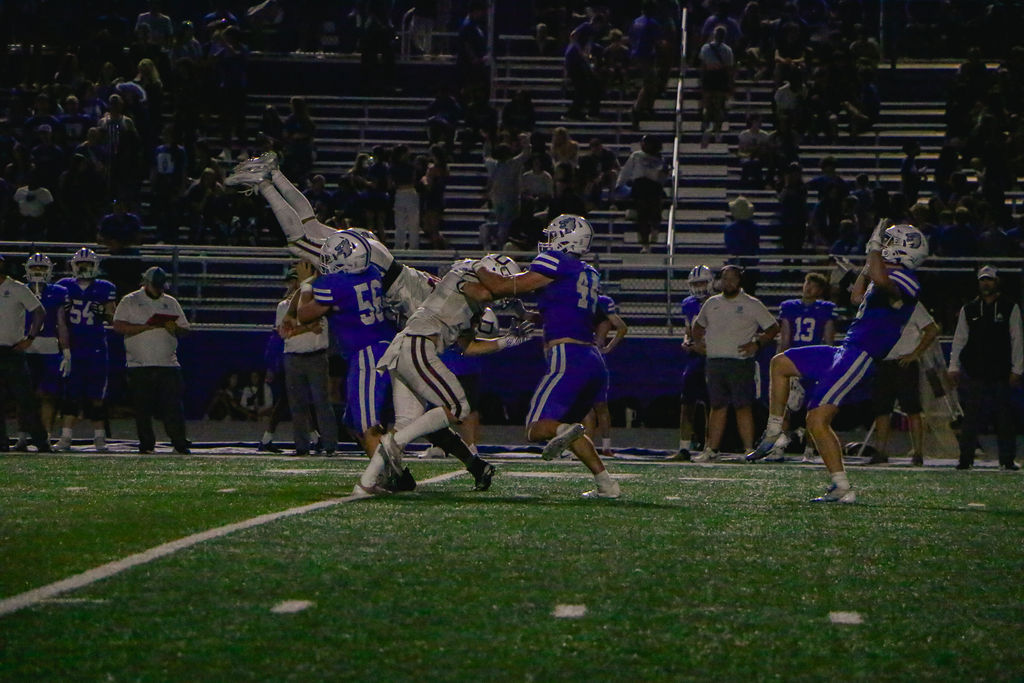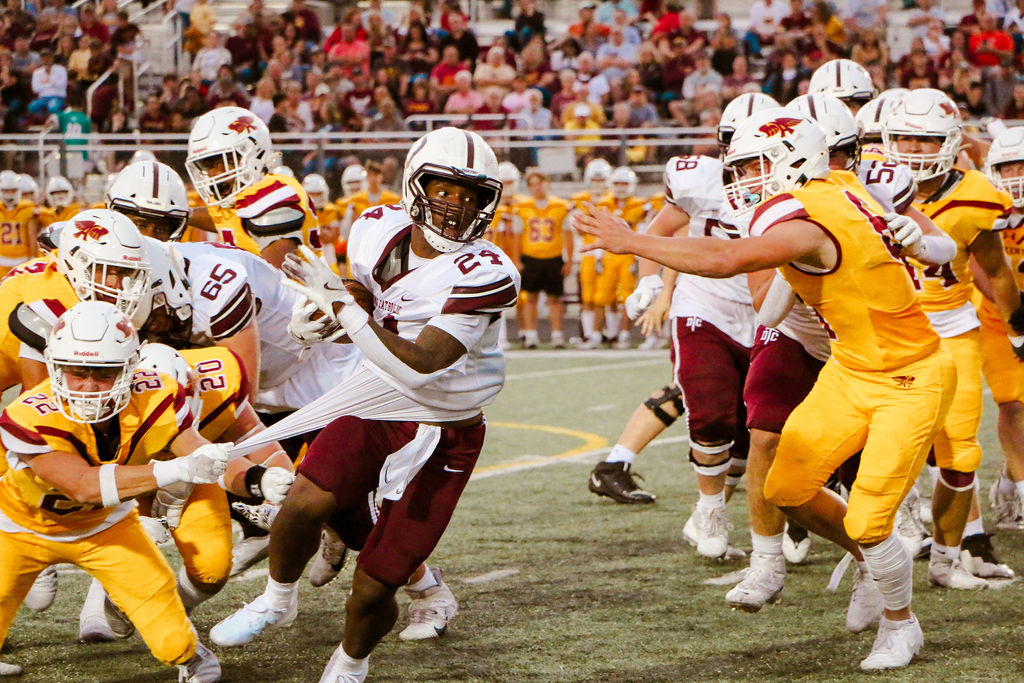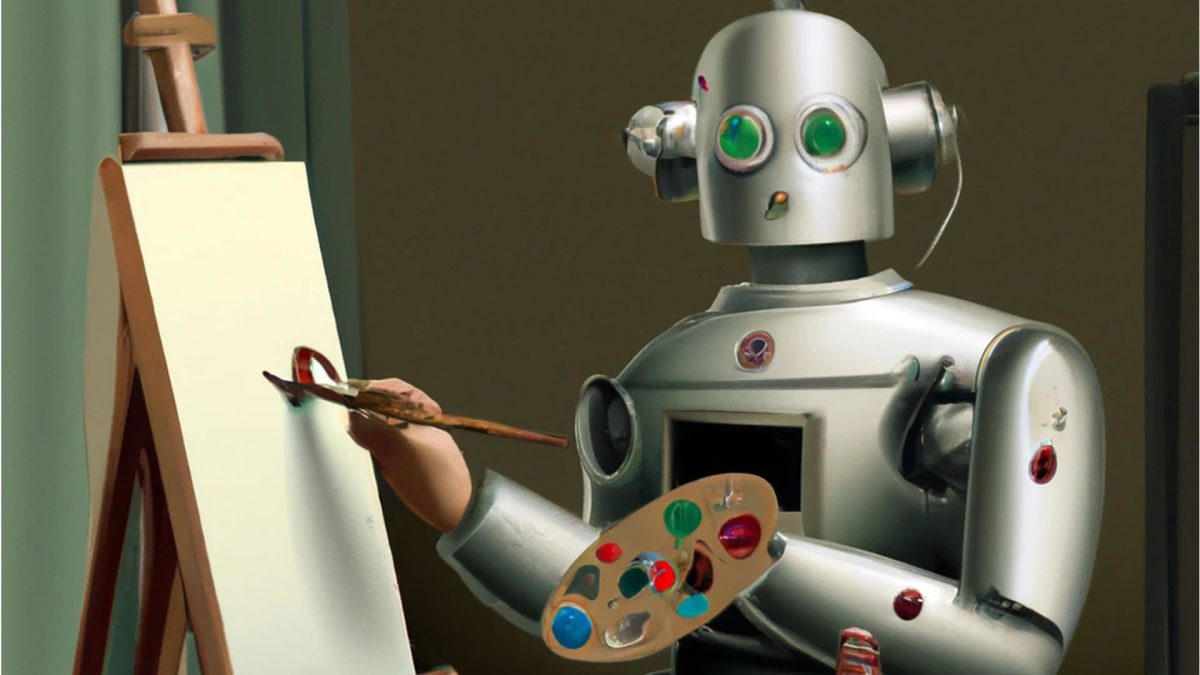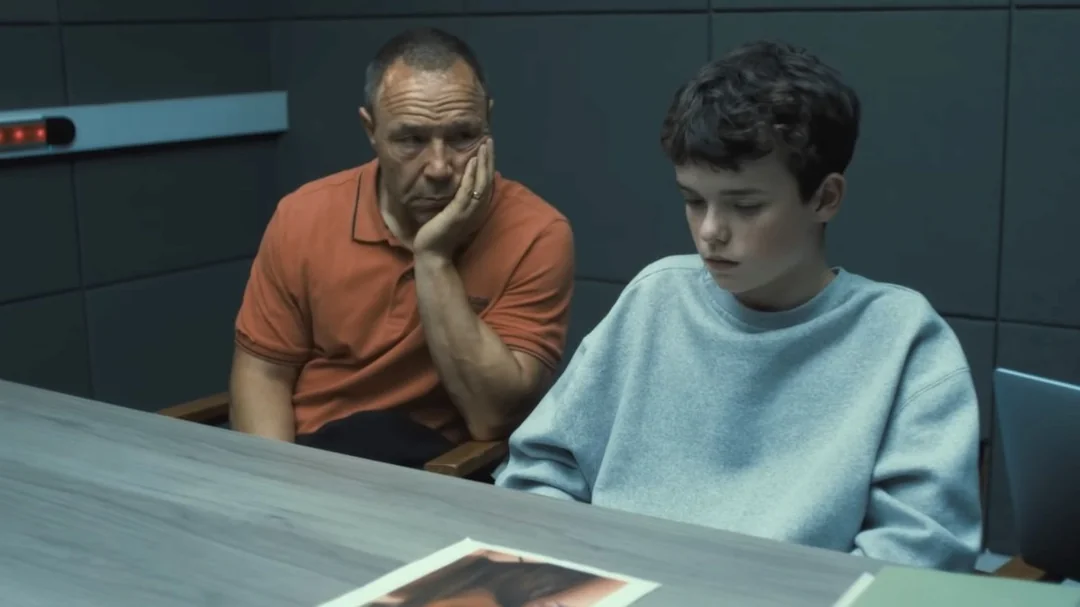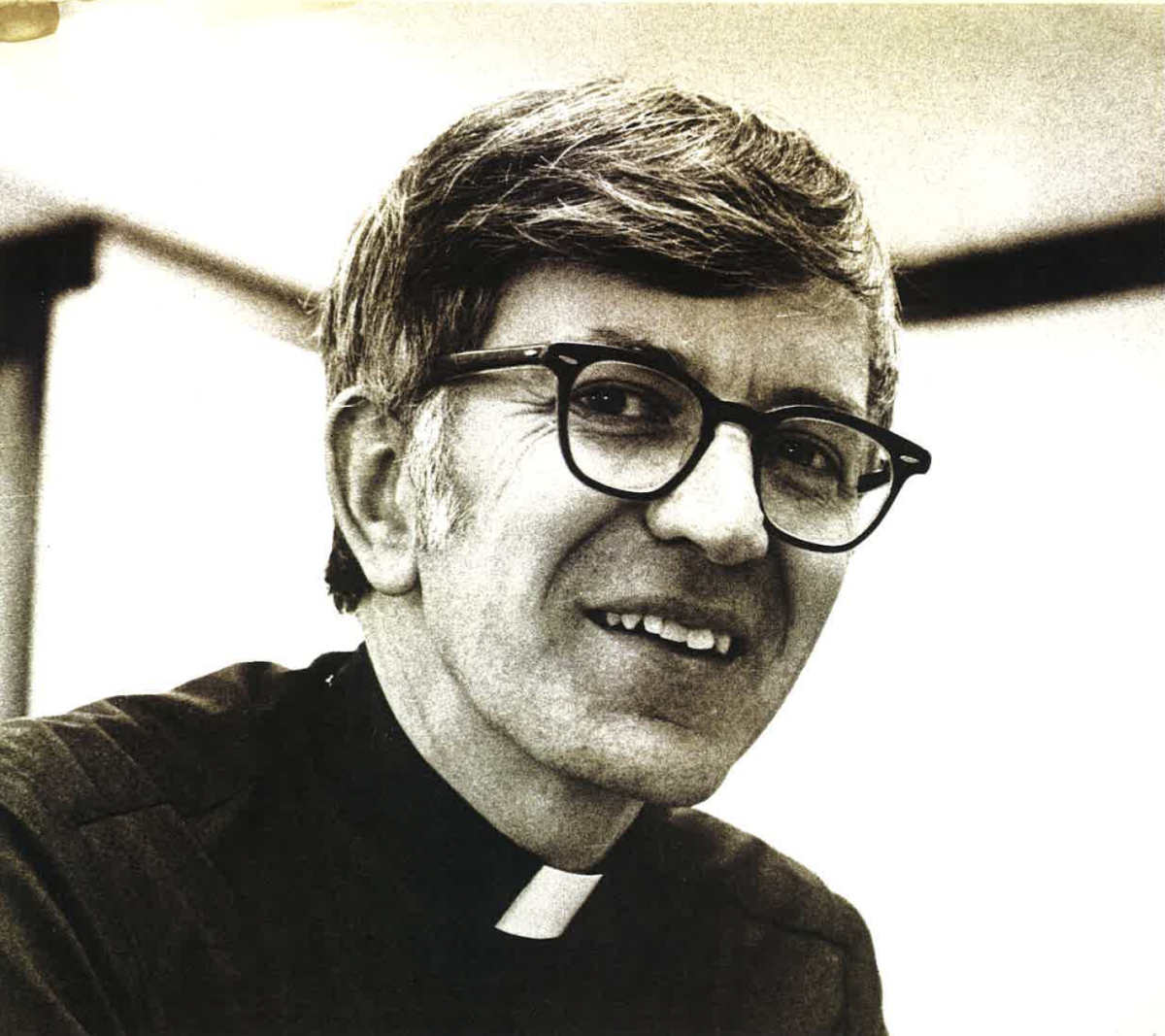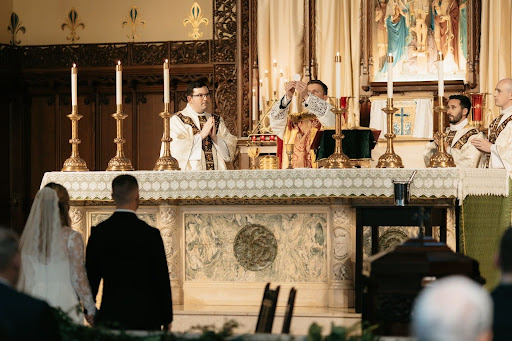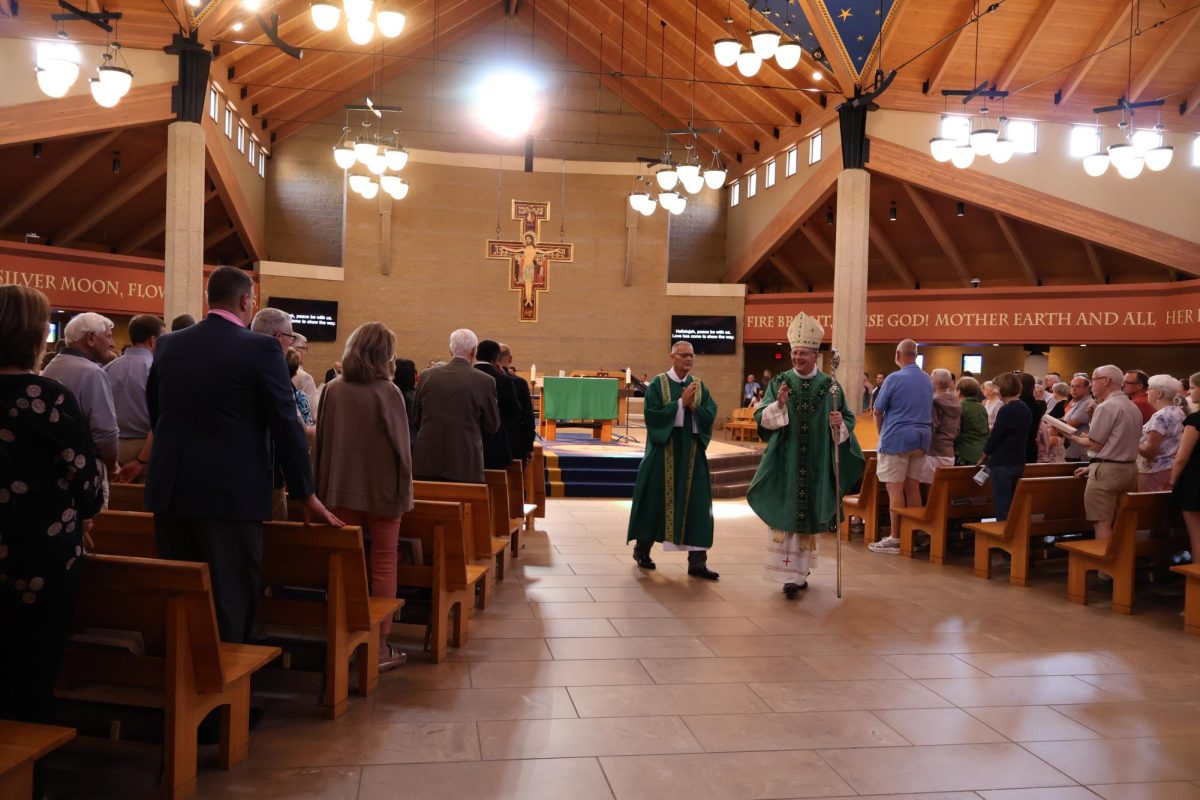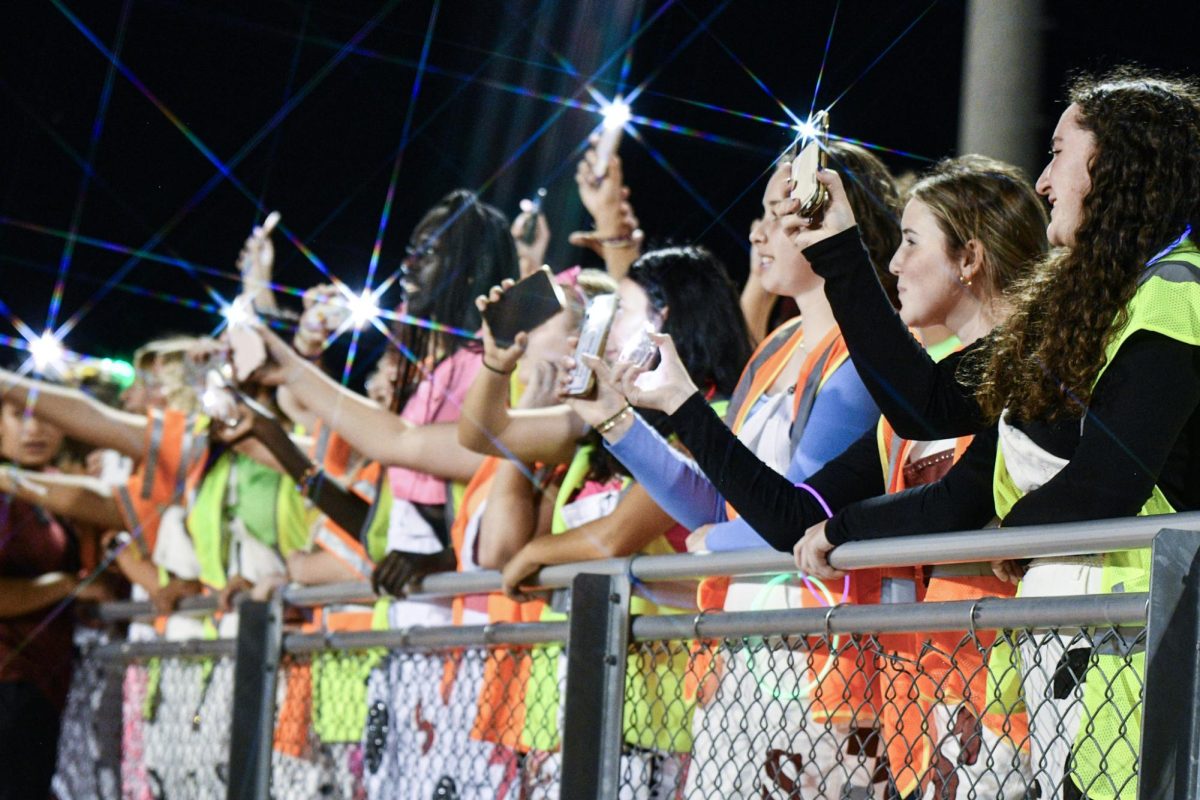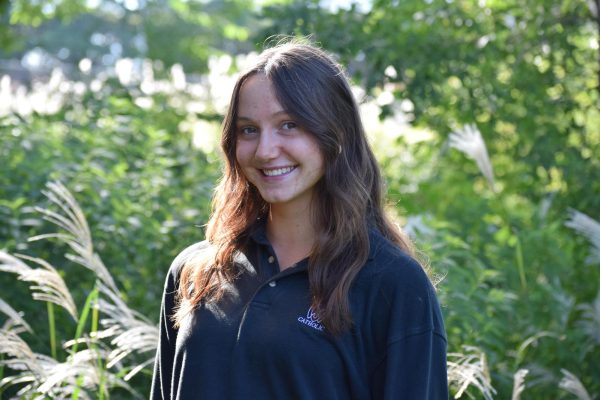With many seniors hearing back from their colleges, plans are making their way out of the idea box and into reality. So much of our lives as students, athletes, and musicians have led up to the point of college decisions. While we can imagine what we will study, the friends we will make, and the freedom we will have, it is difficult to picture the ins and outs of what our days will look like a year from now. Suzanne Bigelow, 2024 Dowling graduate, is a current student at Columbia University in New York City. Going to a school in one of the biggest cities in the world, she has endured her share of difficult adjustments. Bigelow shares with prospective students her top three pieces of advice on adapting to the reality of college life…
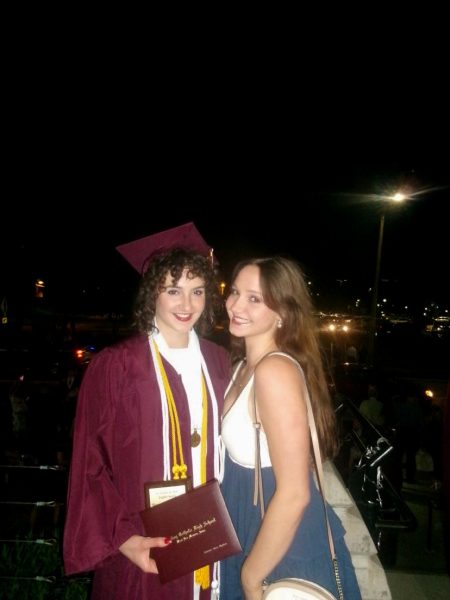
The first is this: “Talk to everyone the first few weeks. I mean everyone, as much as possible.” Bigelow feels she’s found strong connections and comfort in her niche at Columbia, and this was the key ingredient. As an introvert, Bigelow was nervous about the first-month rush, the chaos she imagined would ensue as students from all over the world fought for respect, popularity, and stabilizing friendships. Her descriptions of those first weeks make campus seem strangely liminal, a space unable to be recreated – everyone has permission to speak to anyone, everyone can act as they wish to be perceived. “It was hard to keep up,” she says. This left Bigelow with two choices: stick with those in her orientation group or launch herself into a new society. She chose the latter. As anyone with a short “social battery” can imagine, this presented some challenges. When everyone is a potential friend, when the focus is expanded like that, one’s powers of insight and social awareness must be always at the ready. You are pitching yourself, and so is everyone you’re talking to. “It felt kind of intense. I had to fake some energy,” says Bigelow. However, it may not be as high-stakes as it sounds. Bigelow also says she misses that time. Everyone is approachable and everyone is unknown in a way people never were and may never be again. If given the choice, Bigelow says she would do things the same way again. Putting herself out there and imagining that anyone could be a future best friend allowed her to fall into a comfortable niche, one with both close friends and broader friendships within the student body.
Bigelow’s second bit of advice was to “get off campus as much as possible.” While many campuses are beautiful and come to feel like home, Bigelow says that “the college bubble is very much a thing.” In New York City, this looks like a coffee downtown or a long walk in Central Park. I questioned Bigelow further – many campuses aren’t in large cities, but college towns, where local business and social life revolve around the school. She says it makes no difference. “Even if you’re just in nature or on a random sidewalk,” she says, “it’s good to get some fresh air.” The idea that a college campus can be stifling is difficult to imagine. To a high schooler, college campuses may seem romantic, filled with old, pillared buildings and grassy quads with students reading and playing frisbee. Bigelow spoke of such things, but also says this can be isolating, calling it “college air.” College students often forget what things are like outside the college air; they may forget that they are part of a larger world where people work behind desks and raise families. Bigelow provides important context for our lives now as high school students; what feels like a simple commute to school allows one to exist in this broader context, physically removed from school in an important way. This removal imbues our extra-curricular lives with more mundanity. We have homework, yes, and finals are stressful, but we only “clock in” from the hours of 8:15 to 3:15 every day. Bigelow says physical proximity to an academic environment has a snowball effect, academics slipping easily into her non-school life: “I can see the library from my dorm room. Every time I’m not in there, I feel a little guilty.”
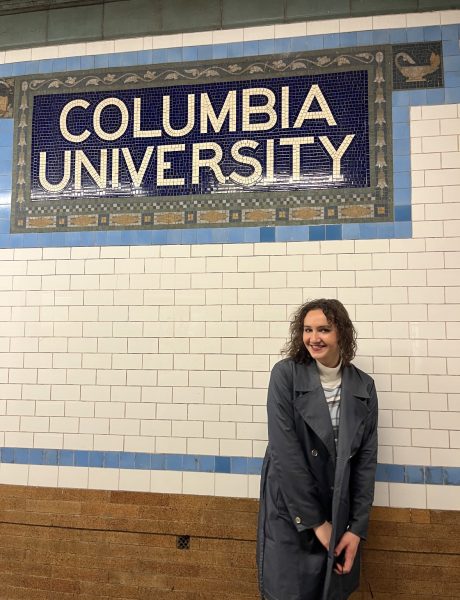
“Think about things harder. Reorient your priorities.” This was Bigelow’s final piece of advice, and maybe the most difficult to apply. Since going to college, says Bigelow, both her quotidian way of going about things and her worldview have changed significantly. As a senior, I’ve built a high school career for myself, and I stand on these four years with all the hope for my legacy and my future flanking me. I’m on the precipice of college. I can feel the pressure mounting. Strangely, though, I imagine the pressure may continue next year – proving myself academically and socially, acclimatizing to a new place…much stress seems to be before me. Bigelow puts me at ease: “I still care about academics, being well-liked, all of that. But now I prioritize things entirely differently. I feel like high school seniors are thinking about college and school dances and being leaders, stuff like that. I don’t have to worry about that. When you’re in college, all bets are off. You decide what’s important.” Bigelow dealt with immense stress in high school, mostly dealing with college acceptance. She cared about academics then, while now she cares about learning more abstractly, wondering how she can gain knowledge through experience and connection with others. She values personal reading and conversations with friends over a grade on a test. She is more worried about becoming the kind of person she wants to be than reaching for success in a class or career. “I’ll worry about that later,” she says with a laugh.
The transition from high school to college and adulthood can be daunting but there are intentional ways to make the jump more seamless. Between putting yourself out there, getting off campus into the world, and reassessing priorities academically, students can be in control of a harmonious passage onto the next step. Good luck to all seniors!

